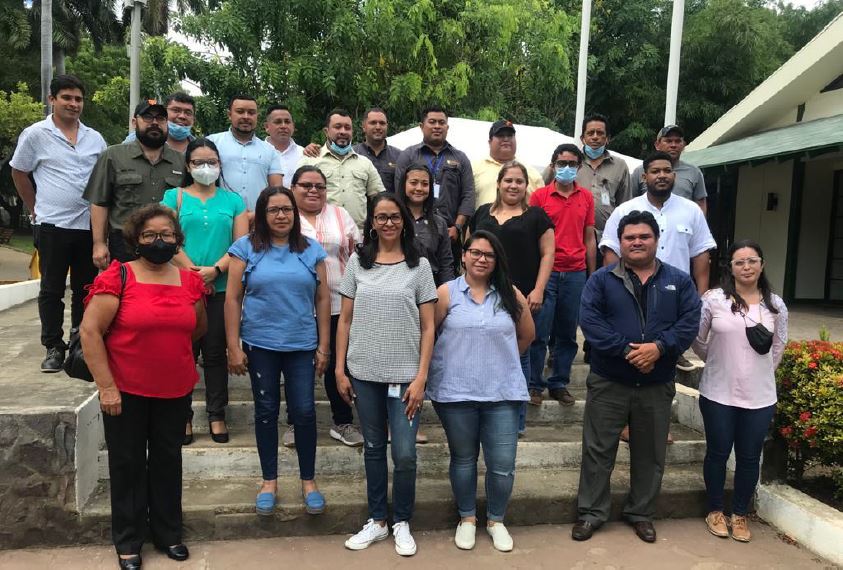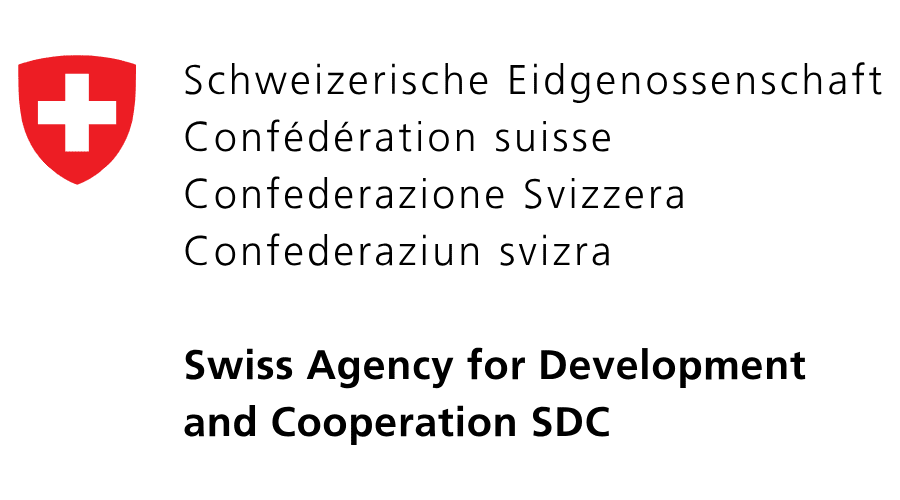Training on Sustainable Waste Management in Central and South America

“Virtual training on sustainable waste management” – Municipal Council of Managua, Nicaragua
Description of the Project
Thanks to this course, participants were able to:
- Understand the specific needs of their context, including legislation on solid waste management.
- Reinforce theoretical knowledge on integrated and sustainable waste management and learn from practical solutions in other countries to improve the management of waste.
- Design their projects or initiatives.

Participants during the “Virtual training on sustainable waste management” in Nicaragua.
Location: Honduras, Nicaragua, and Bolivia.
Project Period: 2021 -2022
| Thematic Focus: Waste Management |
|
Name of Staff involved and functions performed:Dr. Sandra Mendez Fajardo. Trainer and expert in solid waste management.
Results & Achievements:
Overall, 72 participants completed the course and received a certificate. Out of the certified participants, 48% were women. Other achievements are:
1. Support to those responsible for the solid waste system (the public sector): 76% of the participants in Nicaragua were officials of the Managua Municipal Council – ALMA, responsible for waste management issues, while 17% work for the entity that provides collection, treatment, and final disposal services to the city, EMTRIDES. Similarly, the participants from Honduras and Bolivia are officials from the different municipalities, also responsible for the sanitation systems as a public service in each context.
2. Upscaling: Participants not only gained new knowledge and skills, but also developed a plan for the implementation of future waste management initiatives in their respective areas of work.
3. Detailed reporting: In each of the three contexts, the partners were given a detailed report of the course, contents and information documented through the practical activities developed by the participants, which serves as a basis for updating or strengthening the baseline of waste management in each case. In general, the problems of the lack of separation of waste into usable, non-usable and special waste (such as hazardous waste or e-waste) were documented with images. Bad practices in terms of the existence of open dumps, uncontrolled burning and disposal of rubble in rivers and green areas were also evidenced.


